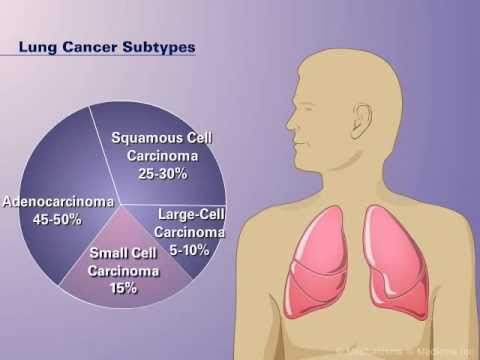Small Cell Lung Cancer – Symptoms of Small Cell Lung Cancer

Small cell lung cancer is an aggressive form of lung cancer that develops in areas of the respiratory system where cancer cells are present. SCLC is a rare uncontrolled growth of non-small-cellular cells throughout the lungs. In contrast, NSCLC takes place primarily in non-large cells such as glandular cells or epithelial cells, in the case of squamous cell carcinomas, or in large, non-cancerous cells such as pulmonary nodules. These lung cancers may be present only in localized areas of the lung or in all parts of the lung in more advanced cases.
SCLC usually starts out as a small area of cancer in one or two places in the lungs, but if left unchecked may spread to other parts of the lungs and even to other parts of the body. This type of lung cancer is generally not deadly, but is a serious problem because it can spread rapidly, causing extensive damage to the surrounding tissues, especially to the lungs.
In the most common type of small cell lung cancer, malignant neoplasms called sarcomatoid tumors develop in small, air-filled pockets in the lining of the lungs. Most people who develop these tumors have had malignancies in their lungs before, though. Usually, a tumor will continue to grow after it bursts and becomes malignant. The main symptoms of this cancer are difficulty breathing, wheezing, coughing, sore throat, and chest pain. A few people may have no symptoms.
This type of cancer usually starts with one fast-growing cell. However, if it spreads to other parts of the lungs, it forms a tumor. The cells involved in this type of cancer and มะเร็งเต้านม are usually malignant and can develop into malignant mesothelioma (the most serious form of this type of lung cancer). As cells grow, cancer spreads throughout the body, affecting and potentially killing healthy tissue.
Some small cell lung cancers do not become malignant, though, and some simply lose their cancerous cells and regrow the cancerous cells once they are gone. Other types of this type of cancer may grow so quickly that they are difficult to remove and do not shrink until they are removed surgically. If you have any of these symptoms, you should see your doctor right away. as these lung cancers can spread very quickly.
SCLC has many characteristics of both malignant and non-malignant cells, making it very challenging for doctors to determine if the cancer is in fact small cell lung cancer or another form of the cancer. The cancer cells can form in the normal cells of the lungs or even in normal healthy tissues. Because of this, if you have SCLC, the only way to know for sure is to do a biopsy.
The treatment for this type of cancer depends on the type of cells present in it, their location, how fast they are growing, and their location. Treatments include surgery and radiation.
In most cases, surgery is the treatment of choice for most people with small cell lung cancer
Surgeons may remove the entire cancer and the affected area to allow the cancerous cells to die off naturally, which is called surgery. Chemotherapy, on the other hand, is used for those who are very sick.
Chemotherapy drugs, also known as drugs used to treat cancer, kill cancerous cells while allowing healthy cells to repair themselves. Chemotherapy drugs help the body grow new cells, which replace the damaged cells in the tumor, and keep cancer cells from spreading. Chemotherapy is most commonly used when chemotherapy drugs have already been prescribed to help in the treatment of cancer.
Surgery is a last resort for anyone who has small cell lung cancer. While surgery may not completely cure the cancer, it can help the cancer to go into remission and to shrink to a more manageable size. in time.
Unfortunately, for many people diagnosed with this type of cancer, there is no cure. However, if the cancer is detected early enough, surgery can be very effective in helping to slow the cancer down and shrink it.

